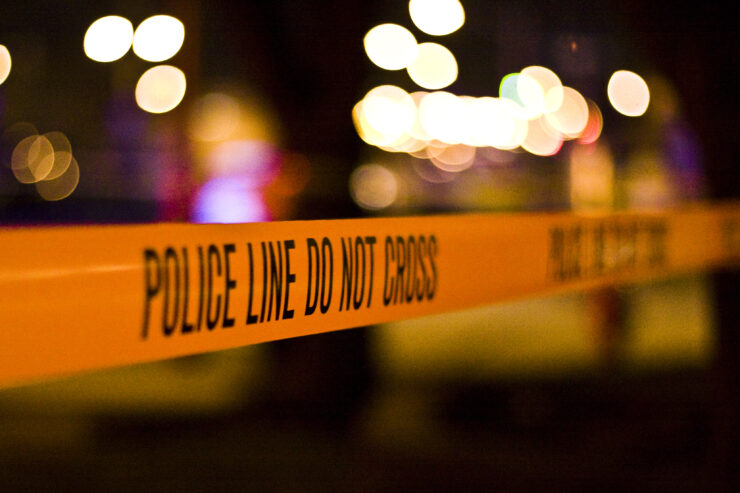The sadness of one sports fan
I’LL PUT THIS as simply as I can: I love sports more than any healthy person should. Growing up and being a high-school athlete, I found myself influenced by various sporting figures, whether it was teams or individual athletes. My attitude, my work ethic—even my mood— were all inspired by sports.
I remember watching ESPN’s 30 for 30 documentary on the South African rugby team and their unlikely championship—I cried. I remember the first gold medal Canada won by Alexandre Bilodeau at the 2010 Olympic games and watching him share that moment with his brother—I needed a whole box of tissues for that one.
All of a sudden, I was no longer just influenced by athletes’ successes, but perhaps even more so by their failures. A loss by my dear Montreal Canadiens put me in a bad mood all night; Notre Dame blew it against another team they should’ve easily beat and my afternoon consisted of sheer frustration.
But then I read about the Penn State scandal, and I realized I hadn’t felt anger toward the sporting world—real, justified, blood-boiling, head-steaming anger—until news like this has broken.
I went to a football-obsessed high school—for a school in Canada, that is pretty surprising. We were a dominant team and still are. The coaches loved to talk about one college in the United States that influenced them, coached by a legend who mixed football smarts, gentlemanly class, and a mantra stating hard work and dedication are the staples of all facets of life, not just football: Penn State.
As it turns out, the entire time I was in high school, Penn State hadn’t been doing things the right way. They had been hiding their deepest, darkest secret for three years before I entered high-school, and would hold on to that secret for almost three years after I left.
This was the school that had a program, an attitude, and a coach I was told all should aspire to, but we were all fooled. That attitude consisted of words alone, not actions. A program of inspiration will now forever be known in infamy for failing to live up even remotely to the standards it held itself to, the same standards that inspired a football-crazed school in Canada.
Joe Paterno, while not the ultimate monster in this tale, chose to look the other way. He enabled the betrayal and abuse of so many young men, and he let more than just those young men down.
In my hometown, there are people who defend Paterno, but who can blame them? When our heroes fall, we feel betrayed—we feel the need to justify and to explain. We need to say we understand what they did, but this prolific inaction cannot be understood, cannot be forgotten, and cannot be forgiven.
These crimes go beyond any of those capacities. A program was ruined, a lifetime legacy was ruined, a school’s reputation was ruined, but the most heartbreaking of all, lives were ruined. Lives of innocent people who are forced to suffer evermore.
What has this taught me personally? I need to reconsider who I hold in high esteem. Athletes amaze me, delight me, they make my day and ruin my night. Does that mean I should continue to put them on pedestals? No.
Not all athletes will let me down, some would argue. Many are the ideal role models, out in the world inspiring everyone they meet every day. But when the most respected of those inspirations has fallen from grace so suddenly and so dramatically, no one is safe.
I love sports, but worshipping them only leads to heartbreak. It’s inevitable, and if you’re really unlucky, your heart will get broken in a way—beyond suffering a playoff loss.
If you loved Penn State like I did, you will be forced to confront the suffering of others and the sickness that comes with real tragedy, not the fleeting frustration we feel through organized competition.
—Ryan Babington





